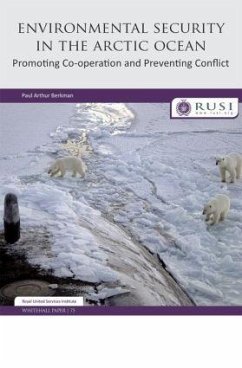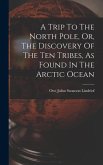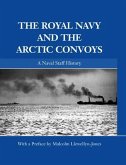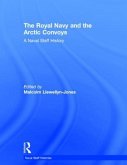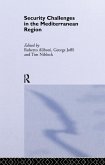The North Pole is being transformed from a sea-ice cap to a seasonally ice-free sea within the next few decades. This fundamental shift in the boundary conditions of the Arctic Ocean will create a new natural system with different dynamics than anything previously experienced by humans in the region. With the diminishing ice cover, interests are awakening globally to take advantage of extensive energy, shipping, fishing and tourism prospects in the Arctic Ocean. A range of states, including the major Arctic powers, are increasingly asserting their sovereignty seawards. National security policies are being declared and nuclear-capable states are adjusting their strategic deployments in the Arctic Ocean. There are forums for international cooperation in the Arctic, most notably the Arctic Council, but peace in the Arctic Ocean has yet to be explicitly established as a common interest because of the long-standing military presence. Risks of political, economic and cultural instabilities are inherent consequences. This volume proposes environmental security as providing a holistic framework to assess these security risks and then identify the appropriate adaptation and mitigation responses. Only after shared risk assessment and understanding of the appropriate responses, will there be sufficient clarity about the governance paths to pursue within the international legal framework of the law of the sea.
Hinweis: Dieser Artikel kann nur an eine deutsche Lieferadresse ausgeliefert werden.
Hinweis: Dieser Artikel kann nur an eine deutsche Lieferadresse ausgeliefert werden.

